In the vast sea of video games, it’s refreshing to stumble upon a title like “The Thaumaturge” that attempts to blend elements of dark fantasy, detective work, and strategic combat into a cohesive whole. Having spent a significant amount of time delving into its mysterious world, I’ve come to appreciate the unique flavors and quirks this game offers, though not without recognizing its flaws.
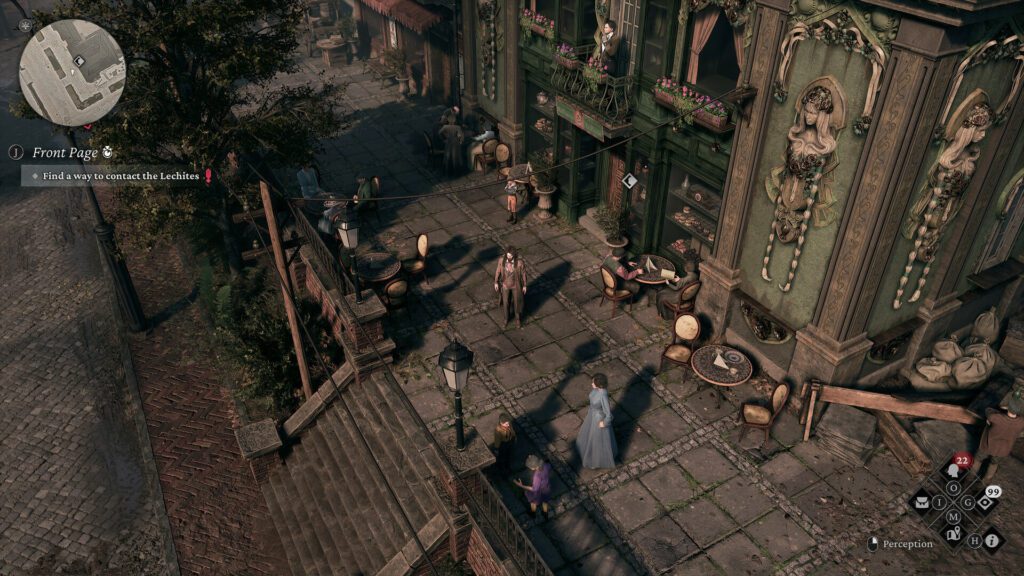
Story and Setting: “The Thaumaturge” transports players to an early 20th century Central Europe, imbued with a rich, dark fantasy atmosphere reminiscent of Jim Butcher’s Dresden Files, but with a distinctive Slavic twist. Players assume the role of Wiktor Szulski, a thaumaturge navigating the murky waters between the mundane and the supernatural. The narrative, thick with occult themes and folklore, is compelling, though it ventures more into human struggles than expected. The game’s approach to storytelling is ambitious, weaving intricate plots filled with moral ambiguity and consequences that genuinely impact the game’s world.
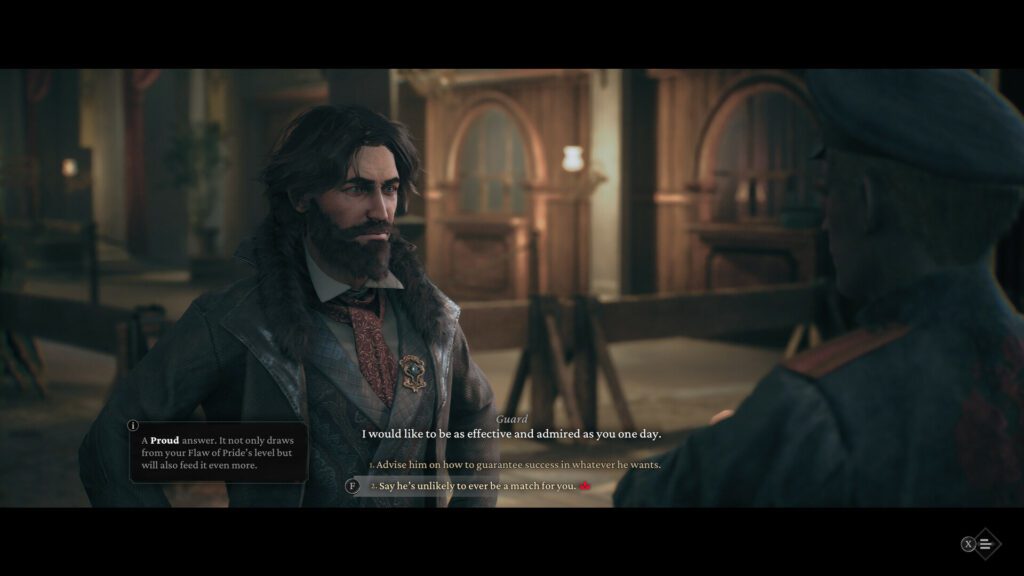
Gameplay Mechanics: The gameplay is a mix of traditional RPG elements and detective work, with a combat system that requires more tactical thinking than brute force. The inclusion of “salutors” – mystical beings with unique abilities – adds a fresh layer to the strategy, particularly in combat. However, the game’s mechanics can be a double-edged sword. While the ability customization offers depth, the combat system’s design, requiring the use of basic abilities before advanced ones, can feel unnecessarily restrictive and prolong battles without enhancing strategy.
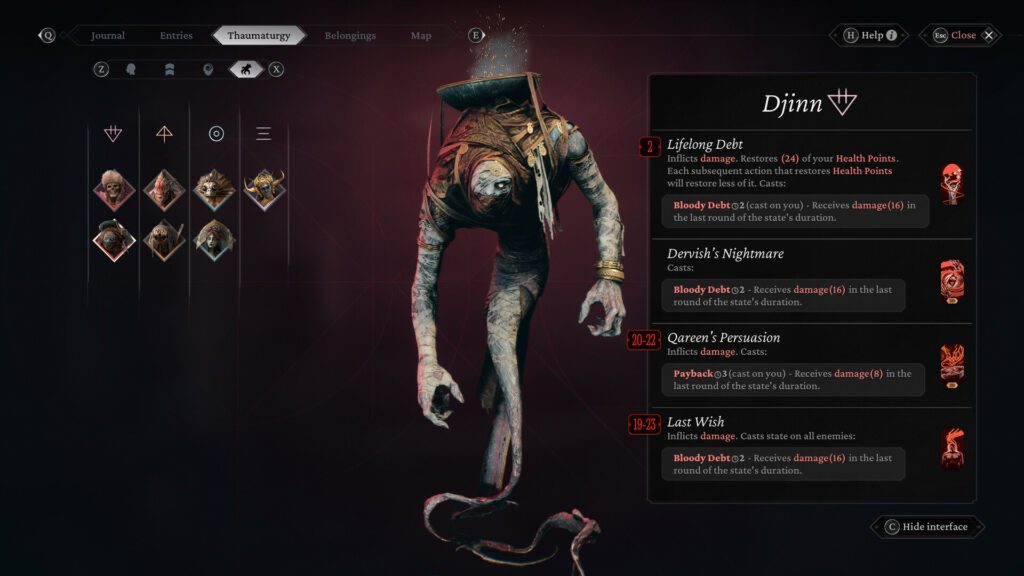
The detective aspects, relying on the “perception skill,” could have offered an immersive investigative experience but instead fall short due to their oversimplification. The automatic deduction of clues detracts from player engagement, making the detective work feel less rewarding and more like a choreographed sequence leading to inevitable conclusions.
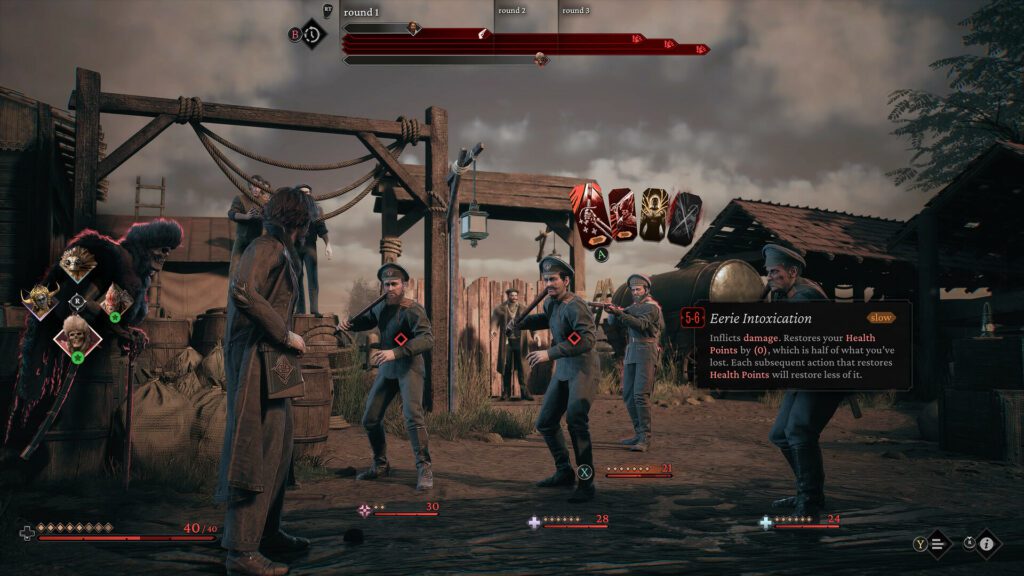
Visual and Audio Design: Visually, “The Thaumaturge” presents a moody and atmospheric depiction of a world teetering between the mundane and the magical. The eerie recreations of folklore creatures and the gloomy streets of Warsaw are particularly noteworthy, providing a backdrop that complements the game’s tone perfectly. However, the game suffers from a lack of variety in enemy design and character faces, which can detract from the otherwise immersive experience. The soundtrack, on the other hand, is a high point, with compositions that beautifully underscore the game’s setting and mood.
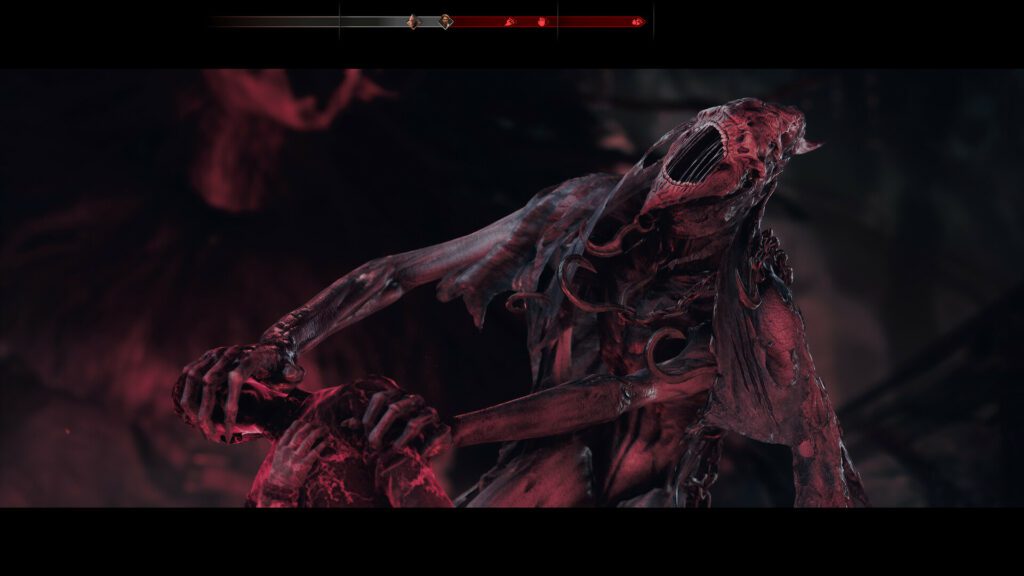
Final Thoughts: “The Thaumaturge” is a game of contradictions – it is at once captivating and frustrating, innovative and flawed. It offers a unique blend of storytelling, combat, and exploration that stands out in the genre, but it’s hampered by some questionable design choices and a lack of polish in certain areas. Nevertheless, for those willing to overlook its imperfections, the game provides a rich, narrative-driven experience filled with intrigue, moral dilemmas, and supernatural mystery.
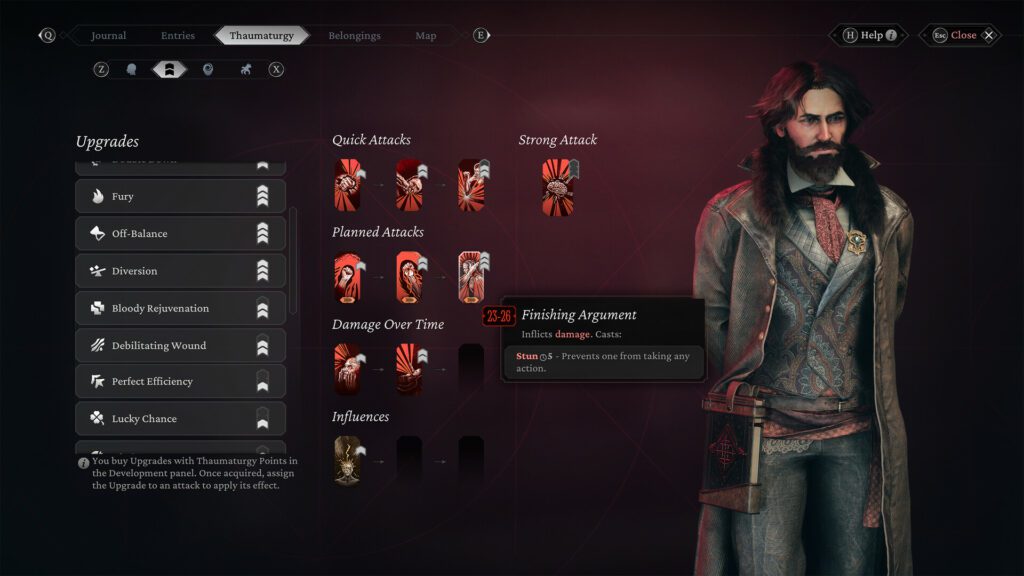
This is not a game for those seeking non-stop action or a conventional RPG. But if you’re drawn to games that offer a deep story, complex characters, and the opportunity to immerse yourself in a beautifully dark world, “The Thaumaturge” might just cast the right spell on you.
Helrato, or Hel for short, is your typical young gamer from Australia who grew up with an older brother that introduced him to gaming. That same older brother would give him an unplugged controller and told him that he was playing, and that's how Helrato's journey into games started - by believing he was playing something when in fact he wasn't playing anything.
Helrato's favourite game franchises include Assassin's Creed, Age of Empires, Call of Duty, Final Fantasy and Metal Gear Solid. With his old favourite games of all time being Brigandine: The Legend of Forsena, Legaia 2 and Dark Chronicle (Dark Cloud 2). If you know those games, mad respect.
When he's not writing reviews, he's playing games, when he's not playing games, he's thinking about playing games, when he's thinking about playing games, he's at work - not playing games.

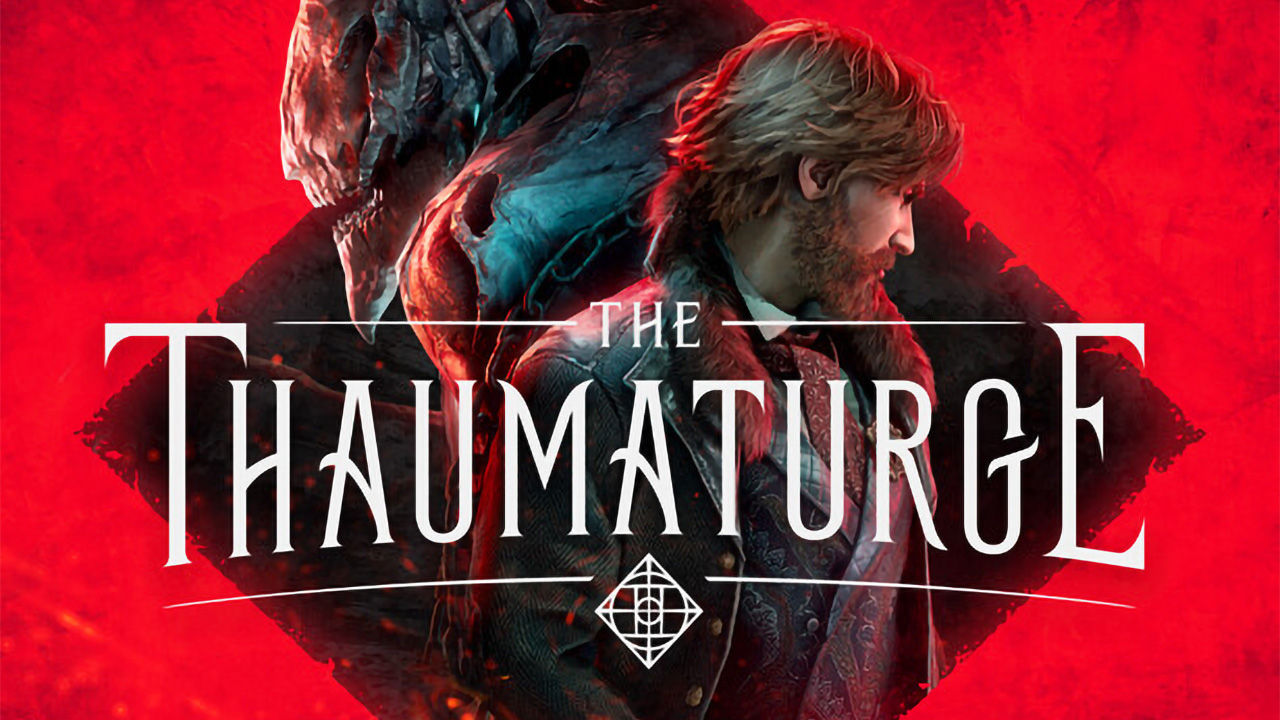


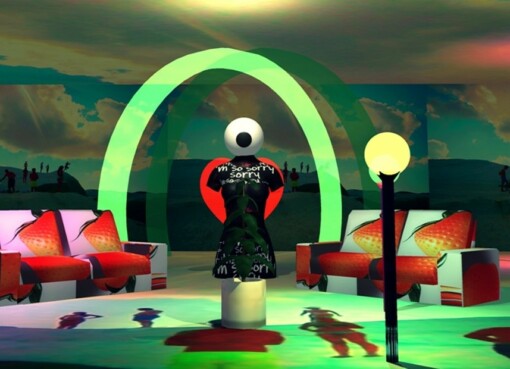

Comment here